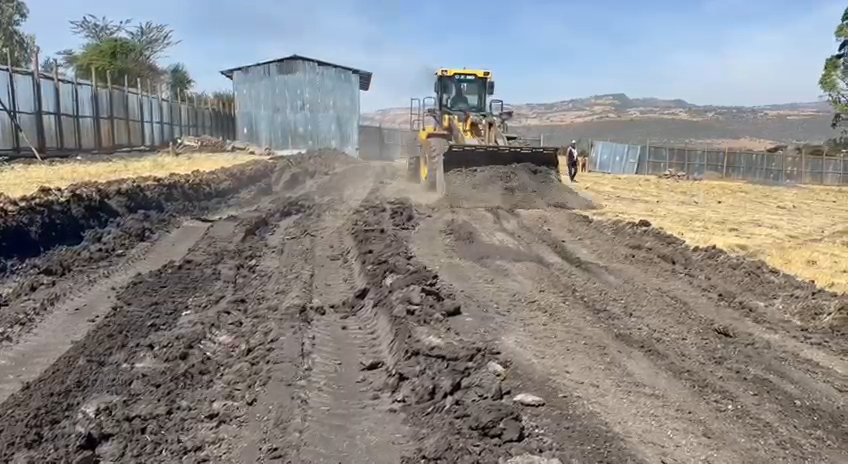The build begins
It’s very early days, but this video brings home to the members and supporters of WDEF and our Ethiopian partner WADA, that we have passed the point of no return. The plot of land has been kindly donated by Workneh’s family to WADA, the permissions of the local authorities obtained, plans made, the local community brought onboard, the site secured and work commenced on the foundations.

WDEF has transferred £10,000 to enable WADA to do this work which represents about 1/3 of the funds raised so far. We estimate we will need over £100K to complete the kindergarten so both ourselves and WADA are ramping up our fundraising activities.
Community members are contributing skills, labour and equipment, and WADA are exploring fundraising opportunities in Ethiopia. Western funders prefer to fund end users directly to make sure the maximum benefit is received by the end users. We’re suggesting funders that we’ve identified who WADA might approach.
